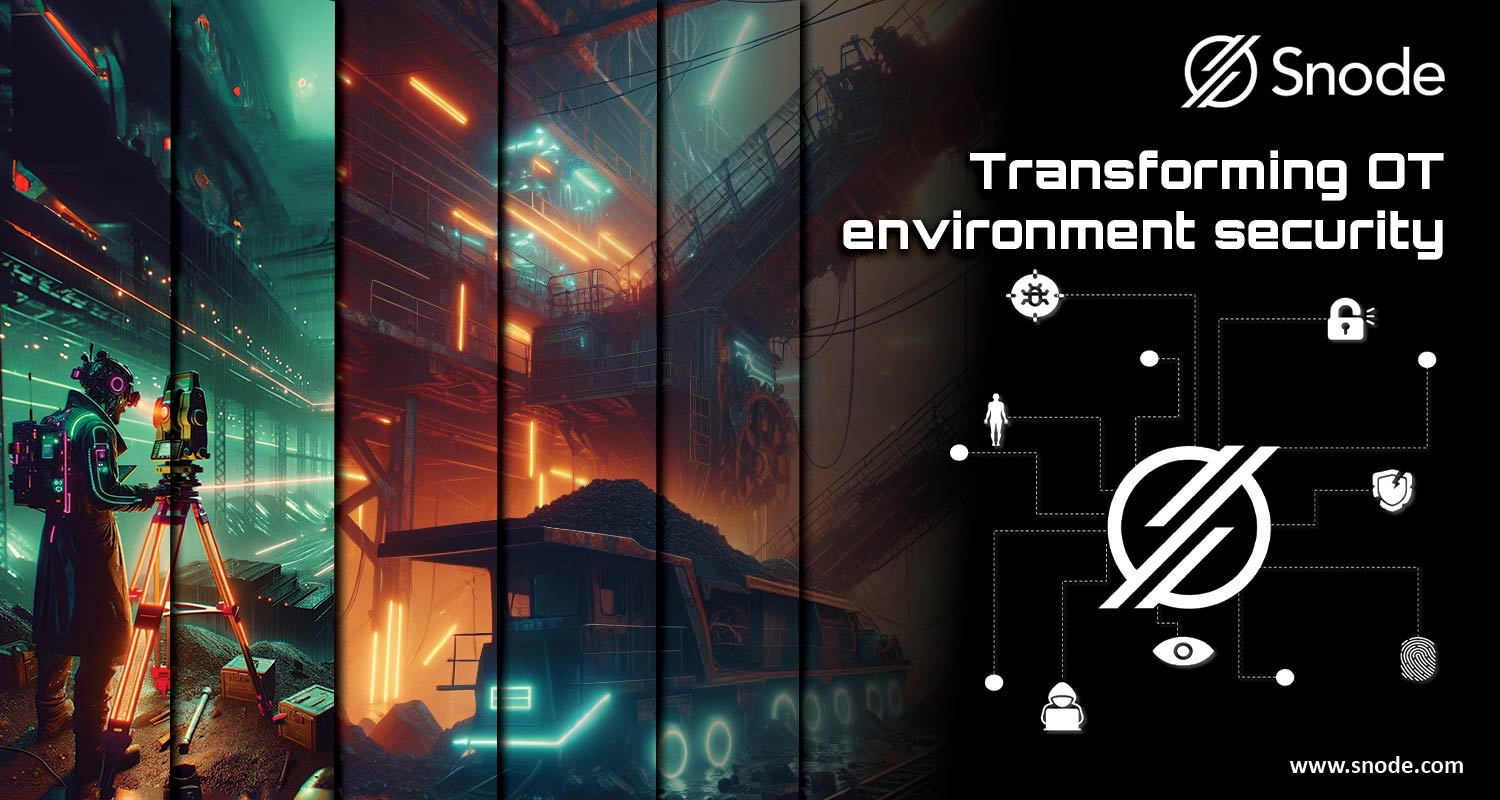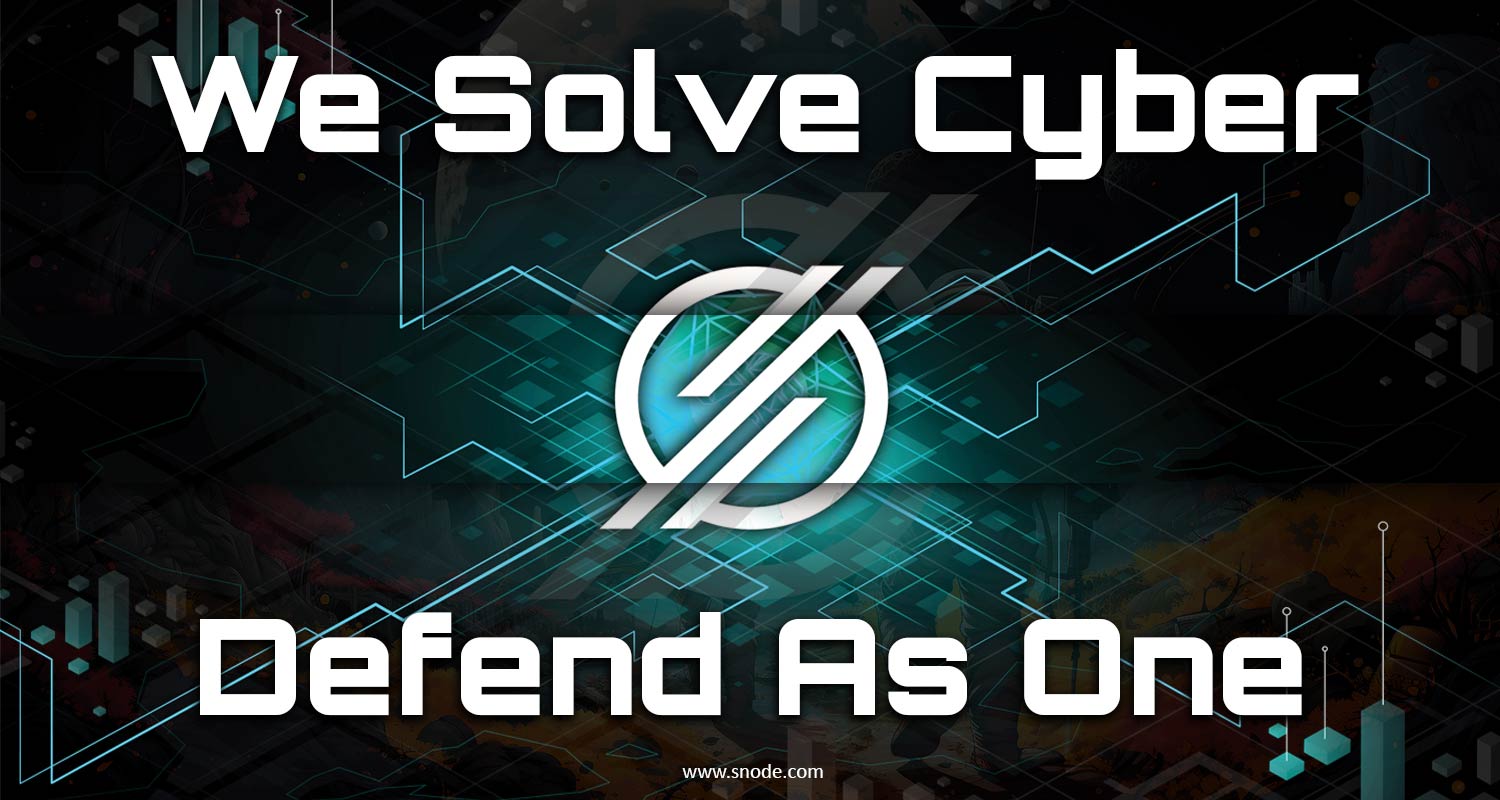 Cyberattacks against critical infrastructure are growing in frequency and complexity. These attacks threaten the essential systems that underpin vital services such as energy, water, transportation and communications. The repercussions are profound, with potential damage to the environment, harm to public health and safety, disruption to critical services, and even loss of human life.
Cyberattacks against critical infrastructure are growing in frequency and complexity. These attacks threaten the essential systems that underpin vital services such as energy, water, transportation and communications. The repercussions are profound, with potential damage to the environment, harm to public health and safety, disruption to critical services, and even loss of human life.
Everyone read about Stuxnet, the first known cyber weapon, which aimed to disable a core part of the Iranian nuclear programme. It was reported to have destroyed nearly 20% of the country’s nuclear centrifuges, targeted industrial control systems, infected more than 200 000 computers and caused physical degradation in some thousand machines.
More recently, at the end of last year, Chinese hackers, known as Salt Typhoon, infiltrated at least eight US telecommunications providers and in over 20 other countries in a sweeping espionage and intelligence-gathering campaign.
A growing scourge
The skyrocketing number of these attacks stems from the convergence of IT and operational technology (OT), the ubiquity of cloud solutions, and the burgeoning number of IoT (internet of things) and IIoT (industrial internet of things) devices.
Addressing these challenges needs a future-thinking approach to cybersecurity, one that prioritises privacy while ensuring comprehensive, automated defence.
This is where Snode, a South African-born cybersecurity pioneer, comes in. It offers a unified platform designed to secure these critical, complex ecosystems without sacrificing privacy.
The shifting landscape of operational security
The digital transformation of operational environments has revolutionised industries, unlocking efficiencies and innovation. However, it has also introduced new vulnerabilities.
- IT/OT convergence: Historically, industrial environments operated in isolation. OT systems, like those controlling mining conveyor belts or Scada (Supervisory Control and Data Acquisition) devices, were not connected to corporate IT networks or the internet. Today, these systems are integrated, creating a seamless digital ecosystem, but although this integration boosts operational insights and control, it creates a broad attack surface that spans IT and OT systems.
- Cloud adoption: The move to cloud computing, often involving hybrid and multi-cloud architectures, complicates cybersecurity even more. Organisations use multiple vendors, combining private and public cloud solutions to support machine learning, IoT analytics and other advanced capabilities. Unfortunately, conventional security tools battle to provide consistent control across such diverse environments.
- IoT and IIoT growth: IoT and IIoT devices – ranging from sensors monitoring conveyor belt speeds to autonomous trucks in open-pit mines – play a key role in modern operations. Yet too often these devices have no security built in from the ground up, and if they have any security at all, it’s often tacked on as an afterthought. This makes them sitting ducks for exploitation.
 Rethinking cybersecurity for modern needs
Rethinking cybersecurity for modern needs
Snode’s platform addresses these challenges with an approach that prioritises privacy, automation and active defence.
- Privacy-preserving technology: Most cybersecurity solutions cannot work without access to sensitive data – like encryption keys or message contents – to detect threats, often sacrificing privacy for security. This exposes entities to potential misuse and data breaches. Snode’s solution addresses this by putting privacy first so that users don’t have to compromise their sensitive data and IP while maintaining robust threat detection.
- Unified defence across diverse environments: In complex environments, traditional solutions often result in fragmented systems with a slew of vendors and technologies that don’t integrate seamlessly. This creates inefficiencies, increases administrative burdens and drives up costs. Snode offers a unified platform that provides a single-pane-of-glass view of all attacks and centralised security control. With active defence capabilities, users can respond effectively across multiple environments.
- Automation to reduce overhead: By using active defence mechanisms, Snode automates threat responses, dramatically cutting the administrative burden on security teams. This limits alert fatigue, streamlines operations, and cuts the overall cost of running a comprehensive security infrastructure.
Real-world applications: critical infrastructure
Snode’s impact is seen in its work with critical infrastructure organisations worldwide, including mining operations, national infrastructure and telecommunications.
For instance, in Namibia, Snode was called in to mitigate a series of infrastructure attacks. Its platform provided real-time visibility across IT and OT systems, enabling rapid threat detection and response – a capability that was crucial in protecting operational continuity and sensitive data.
Similarly, the platform’s ability to protect IoT and IIoT devices has proven invaluable. Old-school security measures, like antivirus software, are inadequate weapons in the war against these devices. However, Snode’s approach promises comprehensive protection for IoT sensors and industrial devices without compromising performance or privacy.
 Enabling the future of cybersecurity
Enabling the future of cybersecurity
The benefits of Snode’s platform extend beyond immediate threat detection and response:
- Cost efficiency: By automating defence and providing a unified view, Snode reduces the complexity and cost associated with managing cybersecurity across diverse environments.
- Scalability: As entities grow and adopt new technologies, the company’s protocol-independent platform scales to meet evolving needs.
- Ethical Innovation: In an era when data privacy is often sacrificed for security, Snode demonstrates how robust protection does not have to mean invasive practices. Its privacy-preserving technology sets a new standard for ethical cybersecurity.
A South African innovation with a global impact
Snode’s technology was developed in South Africa, a country with a growing reputation for innovation in cybersecurity. The platform’s success – serving clients across continents in industries as varied as agriculture, mining and telecommunications – highlights its adaptability and effectiveness.
This local innovation has gained international recognition – not through aggressive marketing, but by addressing critical gaps in traditional cybersecurity solutions. The company’s commitment to privacy, automation and comprehensive control resonates with OT environments that need to turn traditional legacy environments into modern digital ecosystems.
The path forward
As more and more industries look to digital transformation to improve their operations, the need for effective, privacy-preserving cybersecurity solutions grows increasingly pressing, and nowhere is this truer than in critical infrastructure environments.
Snode’s platform provides a strategic framework for addressing this challenge, helping these entities protect their operations while maintaining firm control over their proprietary data. By integrating advanced technology with a commitment to ethical practices, this forward-thinking approach to securing the digital landscape proves that scalable, privacy-first cybersecurity is both achievable and indispensable.
- Read more articles by Snode on TechCentral
- This promoted content was paid for by the party concerned




